|
Born in 1976, Havlíčková has studied at the Academy of Fine Arts in Prague since 1994, first in the drawing studio of Jitka Svobodová and then in the studio of conceptual art with Miloš Šejn.
Jitka Havlíčková takes her time, working persistently on all her projects and invariably taking a solid step towards self-reflection. Up to now her spatial drawings have been her most interesting work: hair interlacing over the surfaces of sinks and bathtubs. The three-dimensional aspect to the drawings creates the impression that they are unending stories, without a beginning or an end. The story, which unfolds either ornamentally or narratively, is not only in the drawing but also in a part of the object, which carries its own individuality and the intimate story of bathing. Her work strongly evokes physical absence and the passage of time halted at the moment of flooding water, simultaneously, within a flash, altering the important moments in life. The ephemeral nature of ideas, mood, personal stories, and everyday perceptions are aptly captured by the meticulously shaped strands of gathered hair, which belong to specific people, as do the old bathtubs and sinks. The hair drawings, created by using sugar water, are varnished and carefully maintained.
Recommended articles
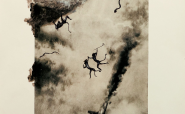
|
|
"In Cameroon, rumours abound of zombie-labourers toiling on invisible plantations in an obscure night-time economy."
|

|
|
Goff & Rosenthal gallery, Berlin, November 18 - December 30, 2006
Society permanently renegotiates the definition of drugs and our relationship towards them. In his forty-five minute found-footage film The Conquest of Happiness, produced in 2005, Oliver Pietsch, a Berlin-based video artist, demonstrates which drugs society can accommodate, which it cannot, and how the story of the drugs can be…
|
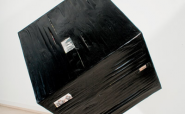
|
|
Borrowing heavily from fairy tales, fables and science fiction, the art of Magda Tóthová revolves around modern utopias and social models and their failures. Her works address personal and social issues, both the private and the political. The stylistic device of personification is central to the social criticism emblematic of her work and to the negotiation of concepts used to construct norms.…
|
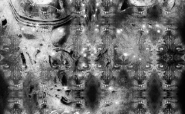
|
|
Why political intellectuals, do you incline towards the proletariat? In commiseration for what? I realize that a proletarian would hate you, you have no hatred because you are bourgeois, privileged, smooth-skinned types, but also because you dare not say that the only important thing there is to say, that one can enjoy swallowing the shit of capital, its materials, its metal bars, its polystyrene…
|
|
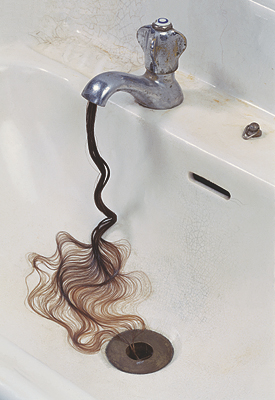
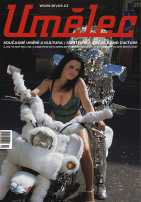







Comments
There are currently no comments.Add new comment